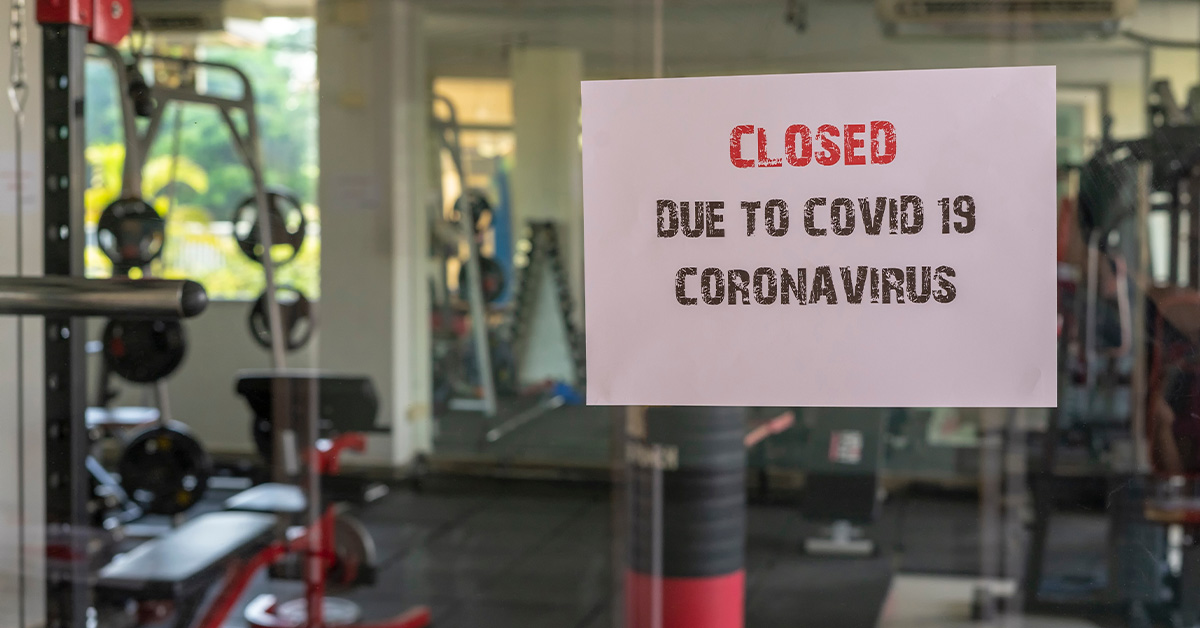Omicron Spike in COVID-19 and Amenities

We are receiving many requests for advice from associations with indoor facilities asking whether they should close their indoor facilities due to the recent surge of the Omicron variant.
In providing our advice we rely on publicly available data. The U.S. Department of Health and Human Services (“HHS”) reports on COVID rates over 7- and 14-day periods and the data for each state and county can be seen at https://protect-public.hhs.gov/. Similar to when the pandemic began, the Northeast is currently the most impacted area in the country with all indicators rising sharply. The 14-day change as of this writing shows a 242% increase in COVID-19 reported infections. The number of infections is currently 300% higher than at any time during the winter of 2020-21.
With this latest significant spike, we are recommending that our association clients with indoor amenities close them. Two important factors influence our advice. One, the COVID immunity legislation that became effective for community associations is due to expire as of January 1. While a small possibility remains that the extension legislation will be adopted before the current legislative session ends on January 11, 2022, it is appearing increasingly unlikely as each day passes. That legislation influenced our advice this past summer, particularly with the COVID infection rate reduced and most activities taking place outdoors. Second, because the rate of positive tests and the transmission rates were down, the chance of contracting COVID while outdoors was remote. And if associations adopted a mask policy and vaccine-only policy for indoor activities, the association was minimizing the chance for COVID spread.
We cannot rely on those bases during this current surge. In addition to the immunity legislation expiring, many associations found the burden of adopting a vaccinated-only policy for indoor activities onerous and therefore bypassed it. The CDC recently reported that unvaccinated people are 20 times more likely to die of COVID and 10 times more likely to become infected than vaccinated people. While the Omicron variant appears to have more mild symptoms, particularly for those vaccinated, hospitalizations in New Jersey as reported by HHS are still up.
Hopefully, this surge won’t continue for a long time and will abate after a month or two. If that occurs, cautiously reopening with a vaccinated-only policy in place would be prudent. For the time being, however, we urge our clients to close common facilities to avoid liability and best protect the residents of your communities.
We will, of course, continue to update you as new information becomes available.
Best wishes to all for a Happy New Year, and with the hope that during 2022 our lives return to a semblance of normality.





